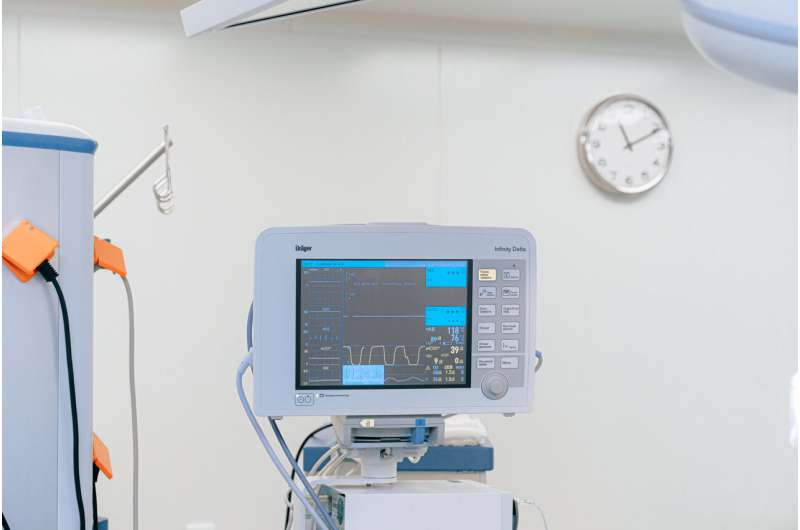Increase in emergency admissions caused by improved hospital survival rates

Remarkable improvements in the survival rates of patients with acute conditions, including heart attacks and strokes, are driving the increase in emergency admissions to NHS hospitals, according to researchers from City, University of London, Imperial College London, University of York and University of Palermo.
The study, which is published in the journal of Health Services Research, found that 37 per cent of the increase in emergency admissions and their cost can be explained by the success of hospitals in saving the lives of patients with acute life threatening conditions.
The researchers recommend that increased support for those with acute conditions after their first admission may be an effective way to reduce A&E demand in the future and ease the strain on struggling NHS hospitals. The research is the first to look at the impact of survival rates on future care.
To determine the impact of survival rates on emergency admissions, the study looked at a large dataset including ten million patients with a first hospital admission for an acute event, such as a heart attack or a stroke, between April 2000 and March 2010. They then followed these patients for up to two years from the first admission until 2012, counting the times they were back for an emergency admission for any reason and to any hospital.
The survival effect led to an estimated increase of 426,000 emergency admissions in 2012, remaining at this higher level thereafter, costing NHS hospital services around £1 billion every year. This estimate does not include the effect of further improvements in survival which are likely to have occurred after 2009. The research was funded by The Health Foundation.
Dr Mauro Laudicella, Senior Lecturer in Health Economics in the School of Health Sciences at City, University of London, said:
"The emergency care services of the NHS and many other health systems are coming under great strain, and our research has shown that a significant factor in this rise in emergency admissions is due to the improvement in survival rates at hospitals. This has led to a greater number of people being admitted for unplanned, emergency care for subsequent admissions in the following 1 to 2 years.
"Our findings have important policy implications, as they show that the assumption that health care providers can directly control their flow of emergency admissions may be in part flawed. Indeed, current policies may generate unwanted consequences for the health system, by draining funding from high-performing hospitals that are particularly successful in saving their patients' lives.
"As hospitals continue to improve their performance in survival rates, discharged patients may become increasingly frail and at high risk of accessing emergency care in the future. Therefore, the effect that we found is likely to be magnified in future years, especially for better performing hospitals with the highest survival rates. As a result, managing and supporting the health conditions of these patients after their hospital discharge could be key to reducing demand for emergency services in the future."














